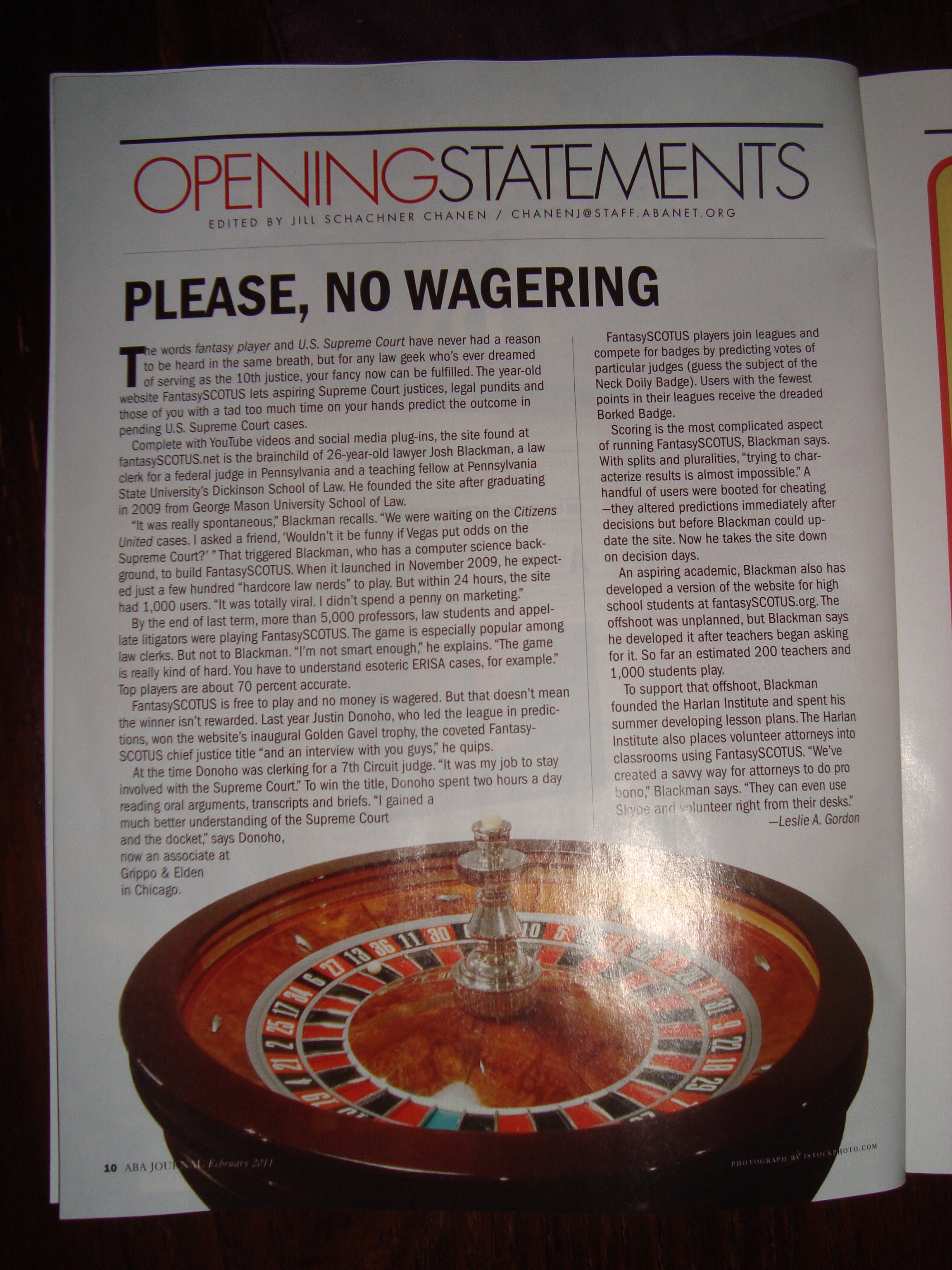Michael Dorf has an interesting post discussing the parallels between the insurrection-view of the Second Amendment, and the insurrectionist view of the First Amendment.
And yet recent events in Egypt have gotten me thinking that perhaps the Constitution is a suicide pact in just this way–and not simply via the Second Amendment but via the First Amendment as well. Thus, it may be useful to think hard about why exactly an outdoor rally is an effective means of making a point.
Partly it’s a show of strength. When hundreds of thousands of people turn out for an anti-war, civil-rights, anti-tax, or other political rally, they demonstrate not only that there are a lot of people who hold their view but that there are a lot of people who hold their view intensely. Rallies and marches register preferences in ways that opinion polls do not.
But that’s not all that they do. A peaceful rally or march is also a ritualized threat of something much more serious. Larry Kramer’s The People Themselves describes how in both England and the colonies, “mobbing” was an accepted form of political activity, and though Kramer says that there were understood differences between mobbing and rioting, both involved violence. As Kramer notes, mobbing fell out of fashion very early in American constitutional history, as popular energy was channeled into parties, but it is not difficult to understand how the generation that had just fought the Revolutionary War would think it perfectly natural to protect a right of the people to gather out of doors, even if what begins as a peaceful rally eventually turns bloody.
Of course, the First Amendment, by its terms, only protects a “a right of the people peaceably to assemble,” (emphasis added), and then only so that they may “petition the government for a redress of grievances.” Once the people turn violent, or demand not that the existing government redress their grievances but that it succumb to immediate regime change, the government can respond with force. Thus, it cannot really be said that the First Amendment protects a right of insurrection.
But it may go quite a way in that direction in its practical effect. Because the government is forbidden from banning mass demonstrations so long as the demonstrations are peaceful, the police and military may be unable to put the lid back on a large demonstration that begins peacefully and turns violent. In a country with a long tradition of democracy, it’s hard to imagine a truly mass movement turning violent in this way while retaining the support of the majority, but that’s because it’s so unnecessary: However flawed our democracy, the people can turn very unpopular leaders out of office at the ballot box; thus they needn’t resort to the mob.
Indeed, the First Amendment is quite dangerous, as I have written elsewhere in my series of posts on the Constitutionality of Social Cost. Permitting people to “peaceably” assemble permits a quick slide into incitement of imminent violence. While the Courts do not protect the latter, by permitting the former, they implicitly understand the risk that the assembly will turn into an unruly mob.

